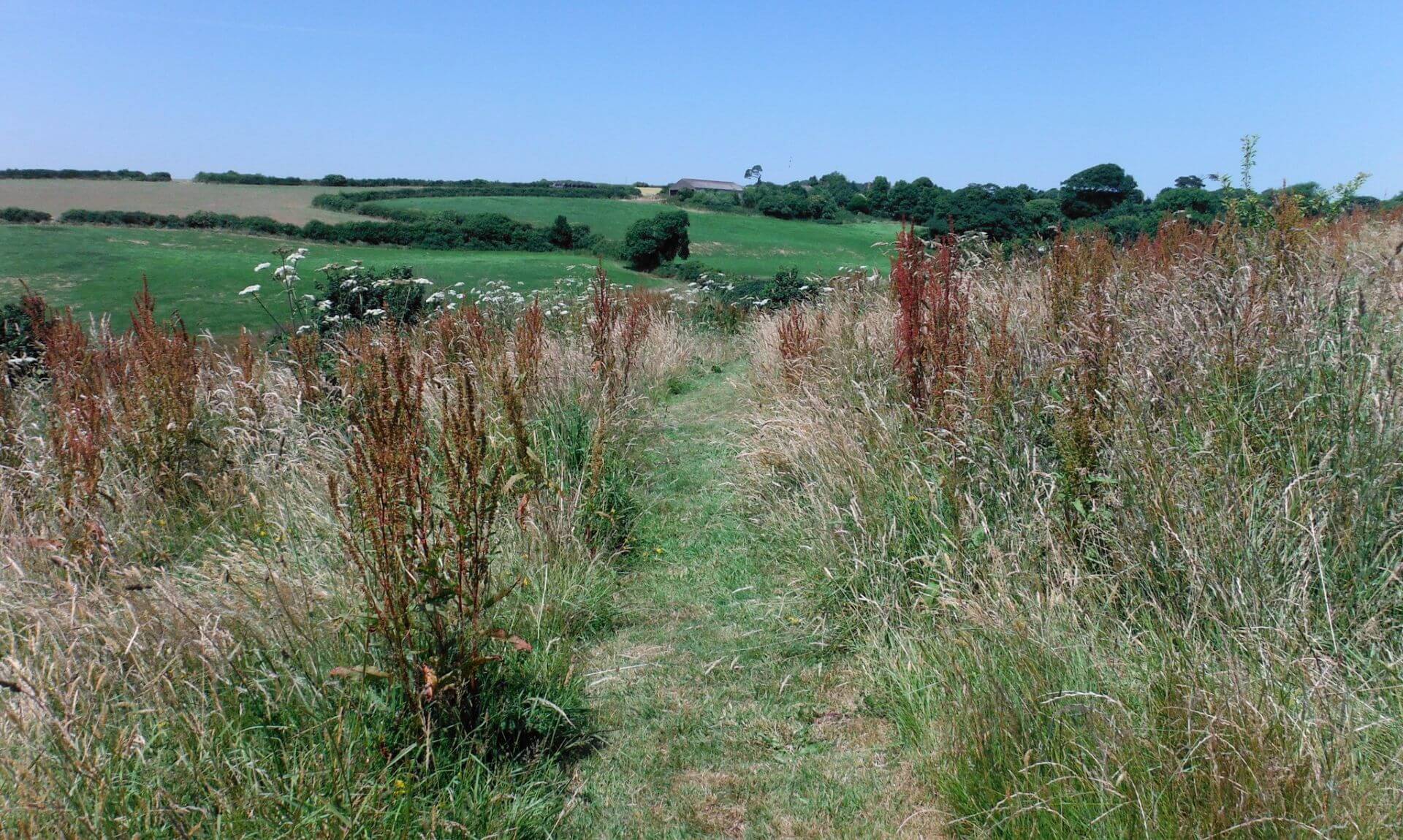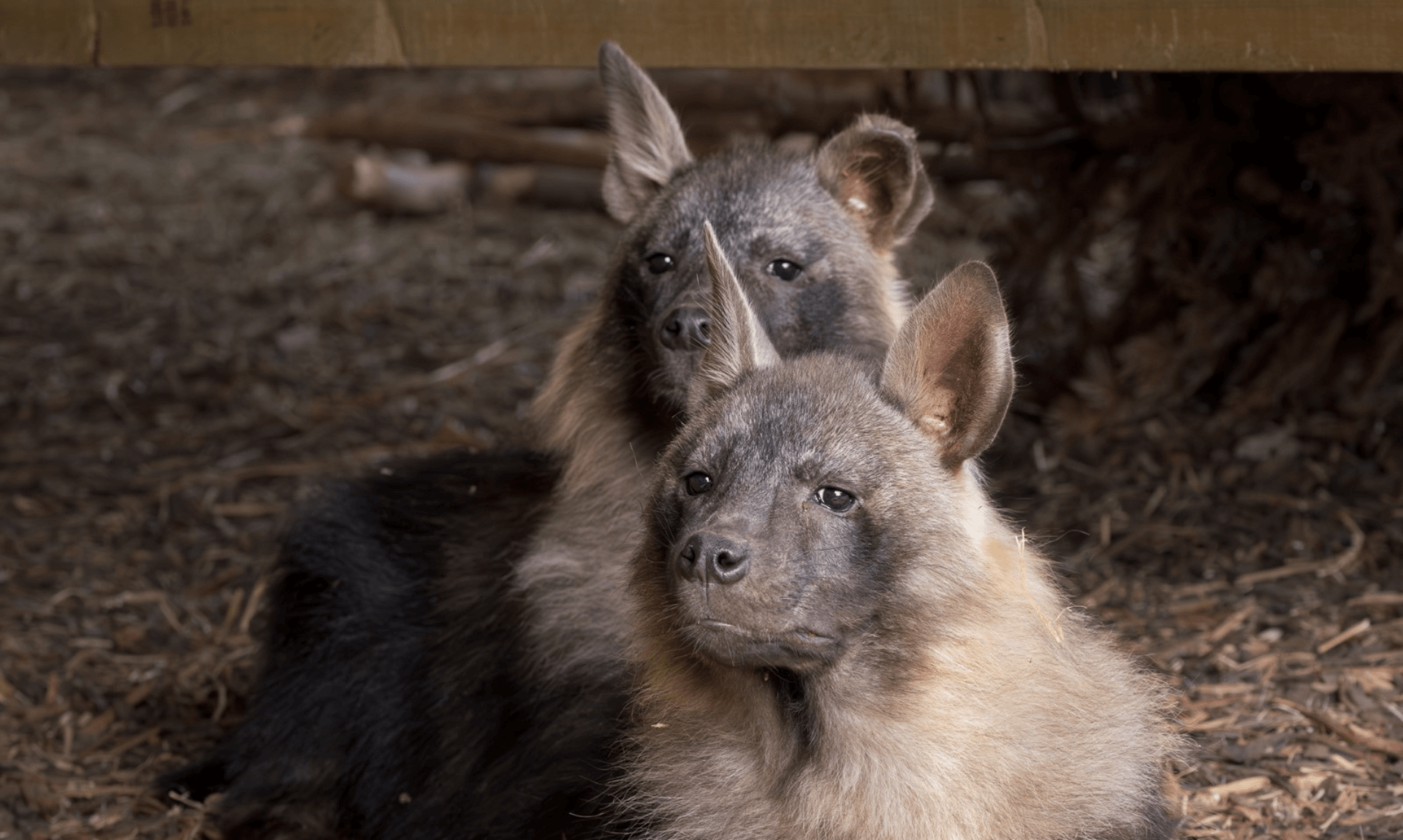Lizard Peninsula Embarks on Groundbreaking Conservation Effort To Save Microhabitats
In an ambitious endeavor to safeguard its unique ecosystems, the Lizard Peninsula in Cornwall is currently witnessing a significant conservation project, the Lizard Rarities Project, with a budget of £350,000 over two years.
This project, supported by Natural England and executed in partnership with the National Trust and Cornwall Wildlife Trust, aims to bolster the populations of 15 critical species, comprising three lichens, three liverworts, eight vascular plants, and one butterfly, thereby enhancing local biodiversity and resilience.
Unique Biodiversity Under Threat
The Lizard, renowned for its breathtaking landscapes that encompass rolling heath, spectacular cliffs, and dynamic grasslands, is home to more than 250 species of both national and international significance. However, this biodiversity is currently under threat from various factors including climate change, invasive species, and habitat fragmentation. The Lizard Rarities Project seeks to address these threats head-on by implementing measures such as scrub clearance, the creation of new watery areas, and the establishment of fire breaks to protect against the risk of summer wildfires.
Conservation Measures in Motion
A key focus of the conservation efforts includes the expansion of wild populations and encouragement of natural recolonisation to mitigate the impacts of climate change. Seth Jackson from the National Trust highlighted the urgent need to support the recovery of species such as the twin-headed clover and dwarf rush, which have seen declining numbers.
Karen Shelley-Jones, leading the Species Recovery Programme at Natural England, underscored the critical nature of the task at hand, especially in clearing ivy to protect the serpentinite rock essential for lichen populations. Efforts are also being made to combat the spread of invasive species like the hottentot fig and purple dewplant, which threaten native species including the wild asparagus.
A Multifaceted Approach to Recovery
The project does not solely focus on the direct conservation of specific species; it also aims to initiate broader ecological processes to enhance overall ecosystem health. For example, controlled burning is being utilised to promote the growth of grasses essential for the grayling butterfly’s caterpillars, while also creating fire breaks to protect against uncontrolled wildfires that could devastate the habitat.
The project exemplifies a nuanced approach to conservation, balancing targeted actions with broader initiatives to kickstart natural recovery processes. Ben McCarthy of the National Trust emphasised the necessity of adopting adaptive strategies to confront the challenges posed by a warming planet, invasive species, and atmospheric pollution.
As the Lizard Rarities Project progresses, it promises not only to protect the peninsula’s unique species and habitats but also to serve as a beacon of innovative conservation practices aimed at preserving biodiversity in the face of contemporary environmental challenges.
Share This Story, Choose Your Platform!
To keep up with the latest cornish news follow us below
Follow CornishStuff on Facebook - Like our Facebook page to get the latest news in your feed and join in the discussions in the comments. Click here to give us a like!
Follow us on Twitter - For the latest breaking news in Cornwall and the latest stories, click here to follow CornishStuff on X.
Follow us on Instagram - We also put the latest news in our Instagram Stories. Click here to follow CornishStuff on Instagram.
You Might Also Be Interested In
Latest News In Cornwall
Daily Cornish news by email
The latest daily news in Cornwall, sent direct to your inbox.



























